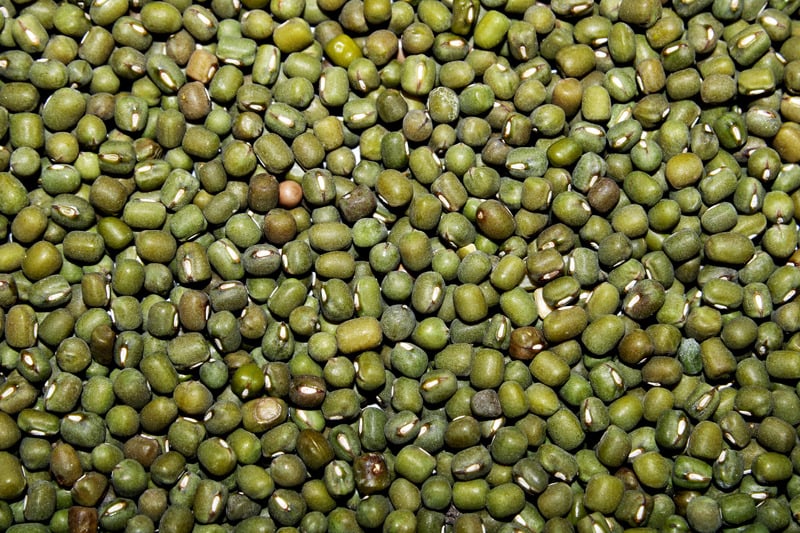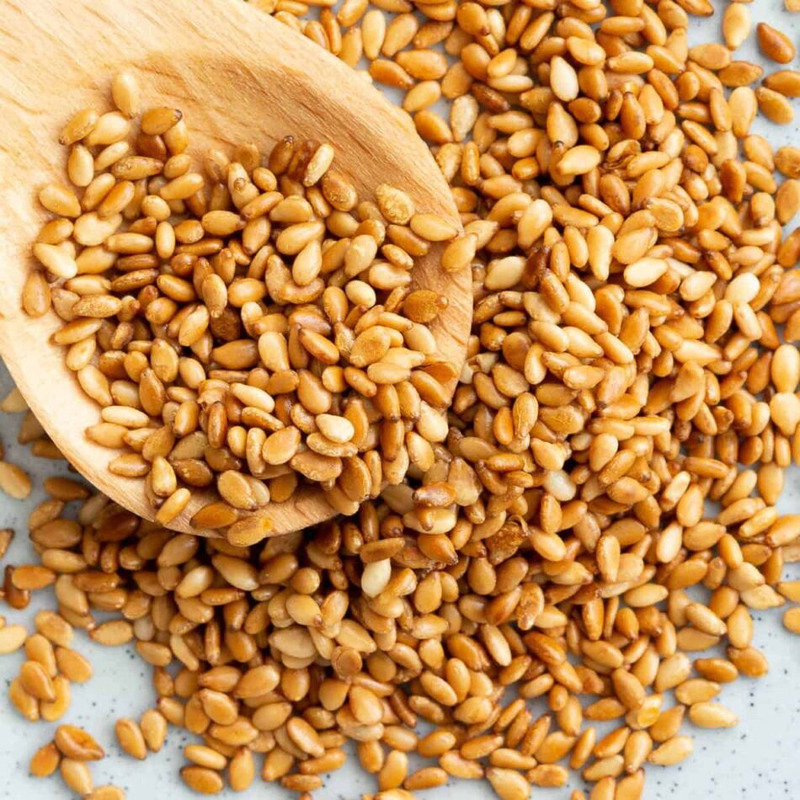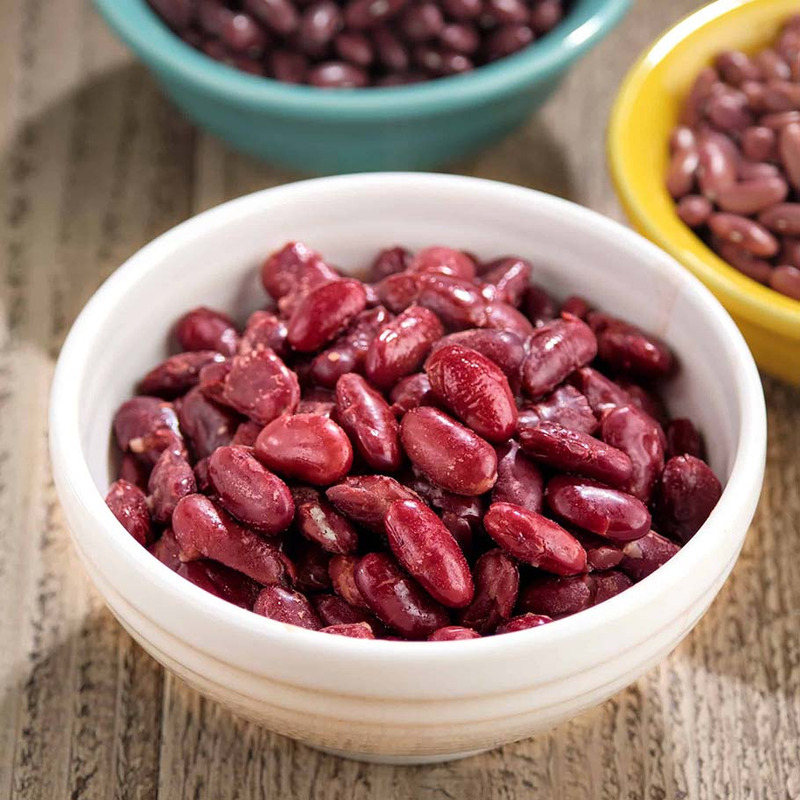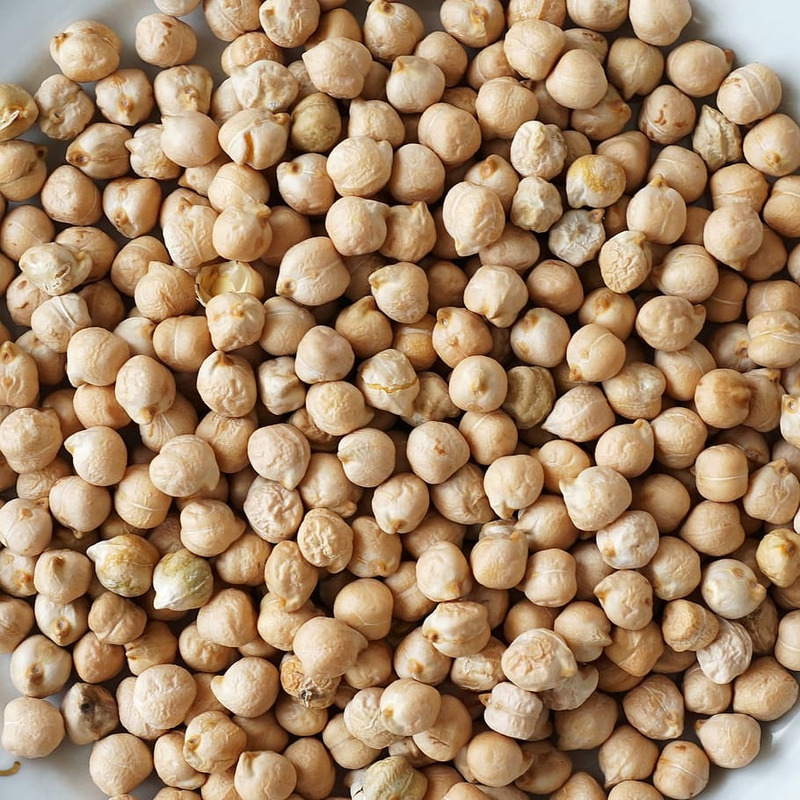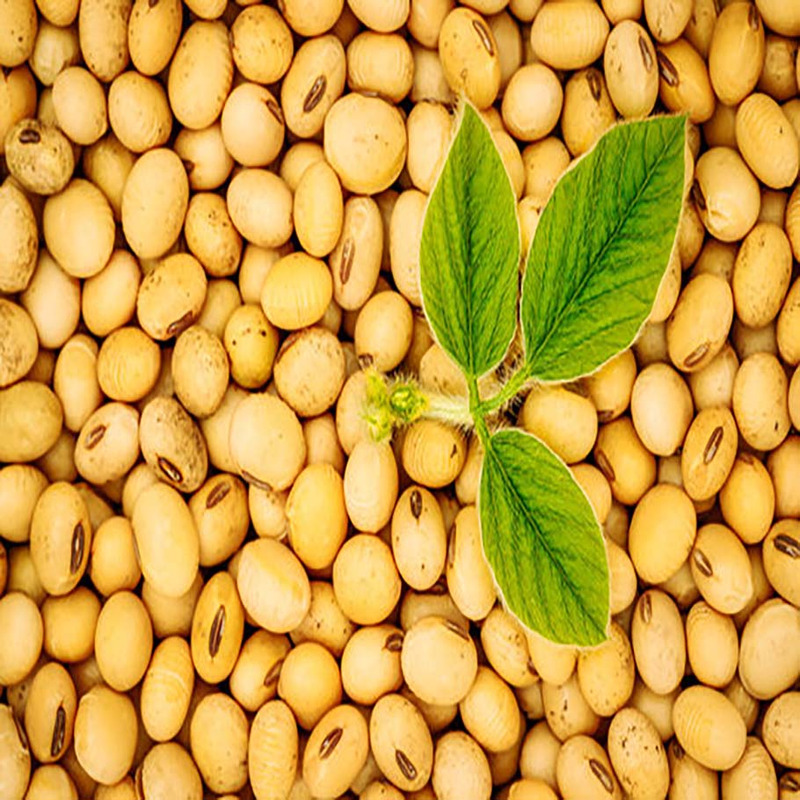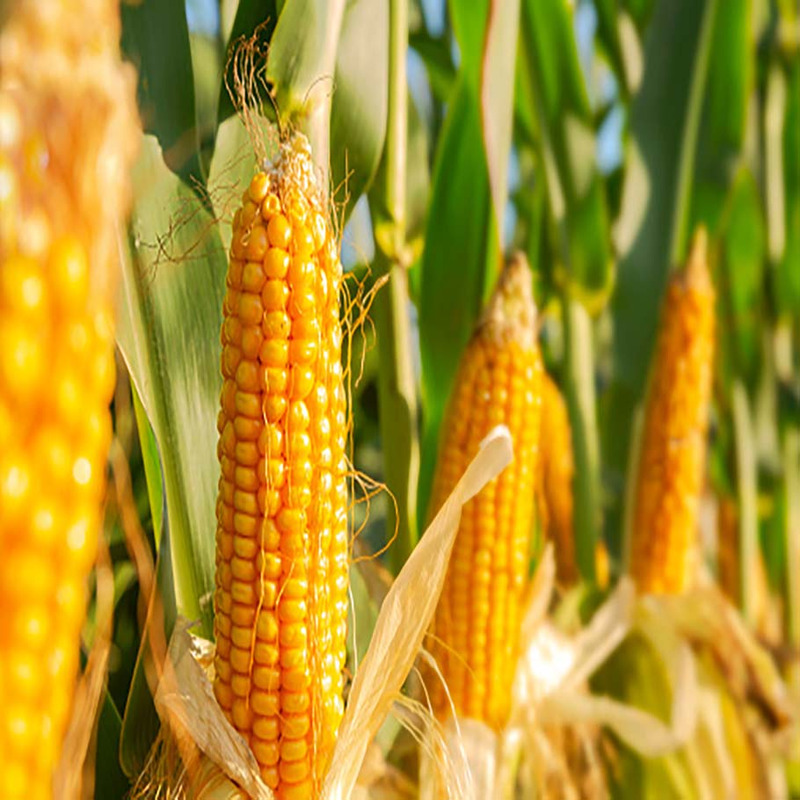Exports
In addition to our automobile import services, Hallel has also ventured into exporting sesame, sorghum, and coffee for the past two years. This is a testament to the company's growth and expansion in the industry.
Coffee
Coffee is derived from the cherries of the coffee plant, a tropical evergreen shrub. The two primary commercial species are Coffea arabica and Coffea robusta, with Arabica making up 70% of global production and Robusta the remaining 30%.
Mung Bean
Mung bean is a warm season legume that thrives in temperatures of 27-30°C and is drought-resistant. It matures quickly in 75–90 days. Ideal regions for its growth in Ethiopia are at elevations of 1,000-1,650 meters, with an annual rainfall of 600-750mm, and it best suits clay loam fluvsol, clay eutric fluvisol, and pellic vertisol soils.
Sesame
Sesame plants grow continuously under favorable weather and produce seeds that are lighter in color, signifying higher quality. Though drought-resistant, they can't withstand water-logging. Primarily, they thrive in the northern parts of Ethiopia, especially Humera and Wellega.
Haricot Bean
Haricot beans thrive at altitudes between 600 and 2,200m. It's essential to time their planting so they're harvested during the dry season or before heavy rains, with ideal rainfall being 450-700mm. Harvest times vary by altitude, taking 85-95 days at 1,000-1,700m and 110 days at 1,500-2,200m. White pea beans are typically sown between late June and mid-July and harvested in October without intercropping.
Chickpeas
Chickpeas are an important export commodity of Ethiopia. The country is known for producing high-quality chickpeas, which are used in many dishes around the world. The two major regions, Amhara and Oromia, make up more than 90% of the total supply of chickpeas followed by Tigray and SNNP.
Soybean
Soybean is a multipurpose crop, which can be used for preparing different kinds of soybean foods, animal feed, soy milk; it is also raw material for the processing industry, and it counter effects depletion of plant nutrients in the soil due to continuous mono-cropping of cereals.
Maize
Maize has gained increasing importance as a major food source within Africa. As one of the most important grains in the world, maize serves as basic raw material for the production of starch, oil and protein, alcoholic beverages and food sweeteners.

